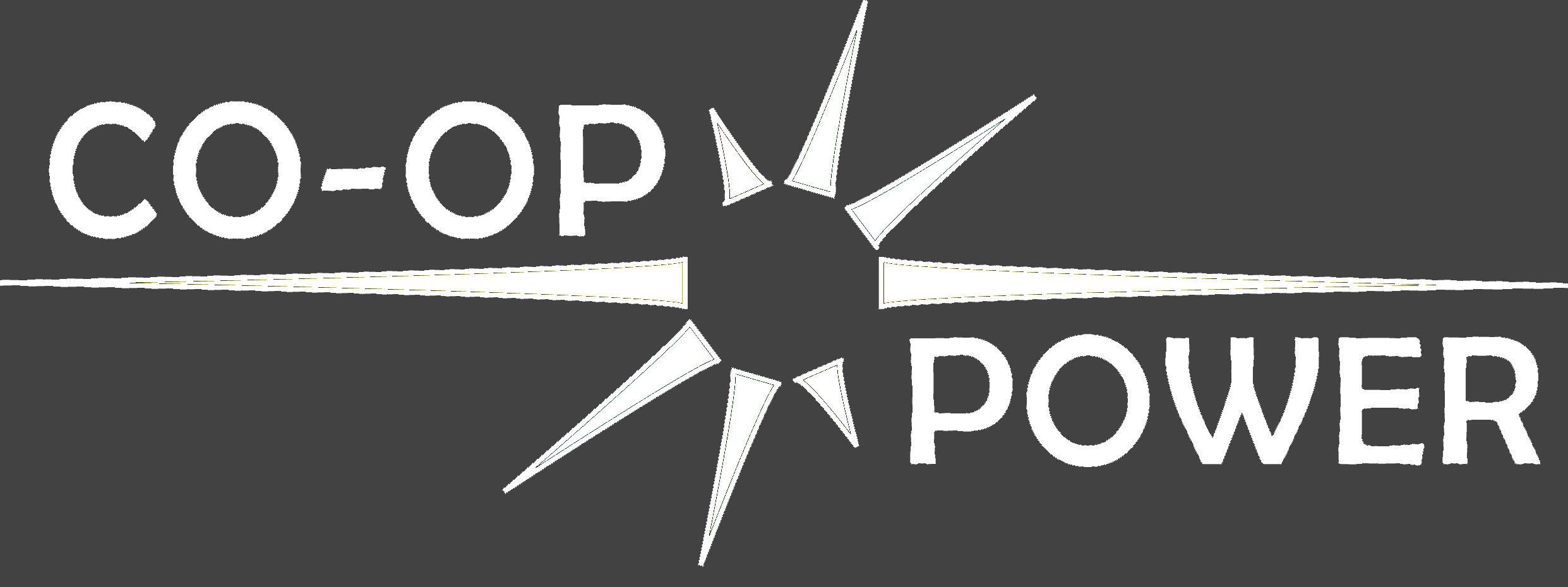Nazareth Housing Lower East Side shelter is first to adopt reduced-cost solar with zero-down financing
New York, NY, December 15, 2016 - Solar One, GRID Alternatives Tri-State and Co-op Power today announced the launch of Affordable Solar New York. The nonprofit initiative will bring low- cost solar power to affordable housing providers in New York, which provide critical housing and services to low-income residents. Solar can significantly reduce energy costs for both operators and tenants, yet up-front costs, credit scores and complex financing remain significant barriers for this sector to access the technology.
Affordable Solar New York will address these barriers by providing no-cost technical assistance, reduced-cost installation and zero-down financing options to Housing Development Fund Corporation cooperatives and other affordable housing providers in New York City. Projects will include both job training and energy efficiency education opportunities for residents.
"To reach Mayor de Blasio’s landmark OneNYC vision for a more sustainable, equitable, and resilient New York City, all New Yorkers will need the ability to tap into the cost and energy saving benefits that solar energy can provide," said Mark Chambers, Director of the New York City Mayor’s Office of Sustainability. “I applaud Solar One, GRID Alternatives, and Co-op Power on the launch of Affordable Solar New York, an important step toward a more inclusive energy landscape in New York City.”
Affordable Solar New York’s inaugural project is with Nazareth Housing, a supportive housing organization that serves vulnerable New Yorkers on the Lower East Side and promotes housing stability and economic independence among low-income families and individuals in New York City. Solar One and GRID Alternatives provided technical assistance for the project, which will be installed by GRID Alternatives in early 2017 through its unique workforce development model, and financed through Co-op Power’s innovative financing. The solar electric system will provide more than 80% of the building’s annual common area electricity and is projected to save the organization 30% on its overall electricity costs over the system’s 25 year life, savings that will allow Nazareth Housing to better serve its constituents.
"For nearly 35 years, Nazareth Housing has creatively endeavored to develop sustainable, affordable housing in the Lower East Side and the Bronx,” said Michael Callaghan, Executive Director of Nazareth Housing. “I am truly pleased that our building will be the inaugural solar project of Affordable Solar New York. Being in a flood zone that was significantly impacted by
superstorm Sandy, solar capacity brings environmental and fiscal benefits, while also helping us build resiliency for the future."
Through Affordable Solar New York, the partners plan to develop and install a number of multifamily affordable solar projects in 2017 and facilitate dozens more through technical assistance. The initiative dovetails with new state funding for low-income solar announced last week by Governor Cuomo, which could further reduce costs for housing providers.
Affordable housing providers and Housing Development Fund cooperatives interested in solar technical assistance can visit www.affordablesolarny.org to get started.
Affordable Solar New York is made possible by The JPB Foundation through its support of GRID Alternatives’ multifamily program, and The Kresge Foundation, The 11th Hour Project, a program of The Schmidt Family Foundation, Rosin Fund of The Scherman Foundation, and The Mertz Gilmore Foundation for their generous support of Solar One. Nazareth Housing was connected with Affordable Solar New York through Solarize LES, a community campaign supported by the New York State Energy Research and Development Authority (NYSERDA).
About the Partners
Solar One, a leading environmental nonprofit organization in New York City, was founded in 2004 and runs diverse programming including K-12 environmental education, green workforce training and technical assistance programs that help building owners adopt clean energy solutions. Here Comes Solar is Solar One’s program that facilitates solar adoption in hard-to- serve markets by assisting building owners to identify and implement cost-effective solar projects. Since 2014 Here Comes Solar has helped more than 100 NYC buildings adopt solar.
GRID Alternatives Tri-State is an affiliate of GRID Alternatives, America’s largest nonprofit solar installer bringing clean energy technology and job training to underserved communities. GRID has installed more than 8,000 solar electric systems for affordable single- and multifamily homes to-date, and trained over 29,000 people. GRID Alternatives Tri-State serves New York, New Jersey and Connecticut.
Co-op Power is a consumer-owned energy cooperative with multi-race, multi-class membership across New England and New York dedicated to creating a just and sustainable future through local ownership of energy resources. They have financed a number of large renewable energy projects throughout the Northeast and are committed to expanding access to renewable energy among affordable and cooperative housing.
Contacts:
Noah Ginsburg, Solar One 347-509-6044, noah@solar1.org
Michael Moomjy, GRID Alternatives 212-549-3996, mmoomjy@gridalternatives.org
Isaac Baker, Co-op Power 413-522-9981, isaac@cooppower.coop




